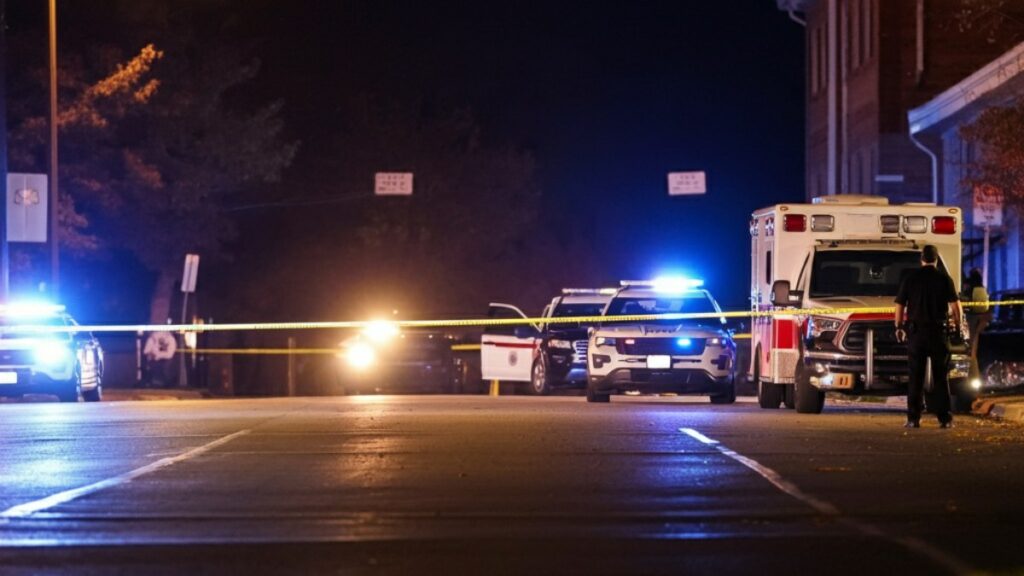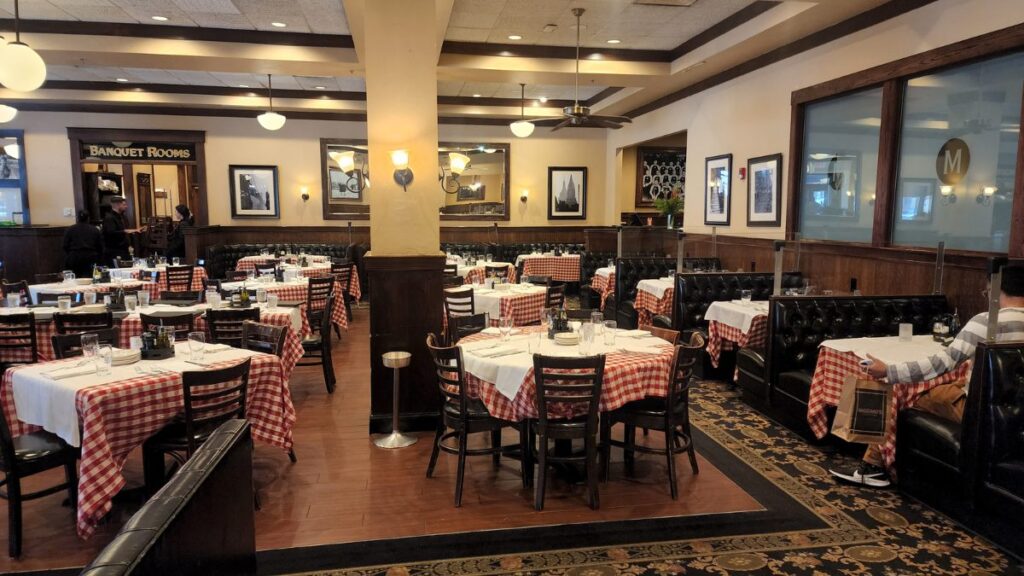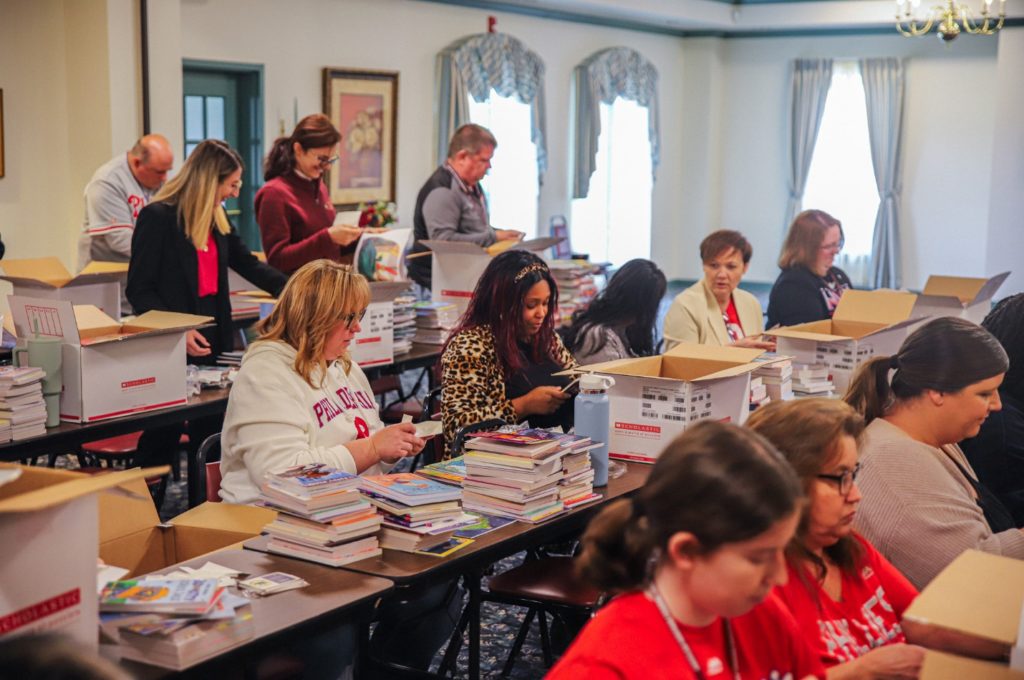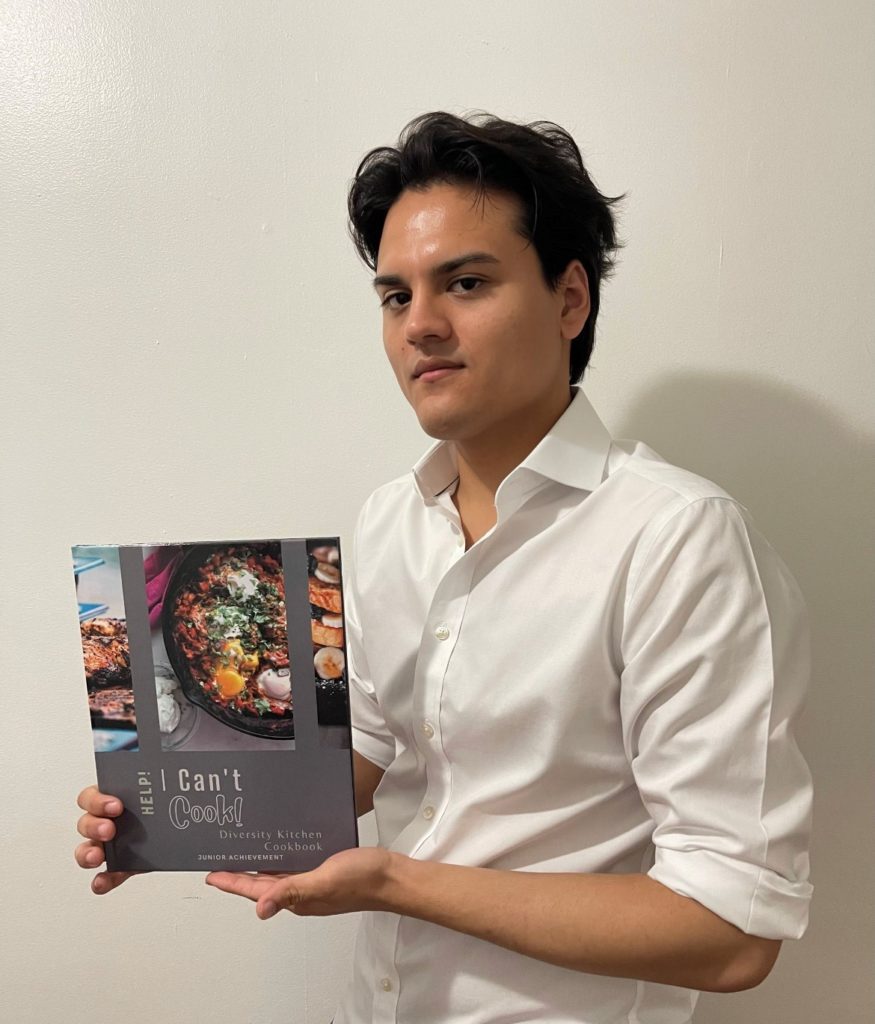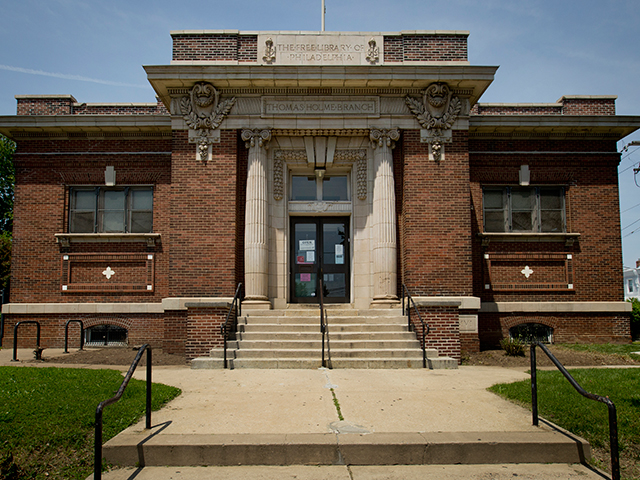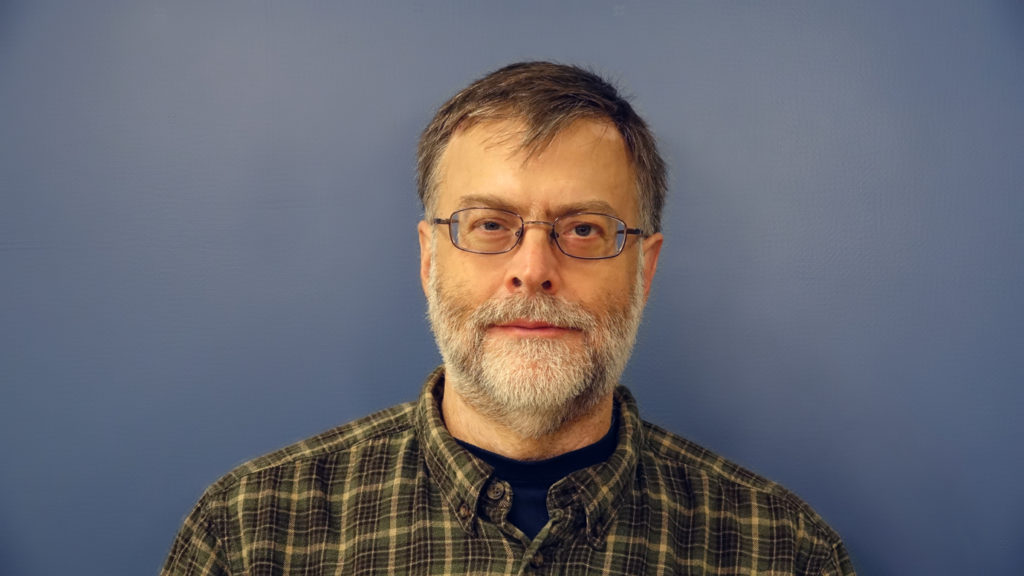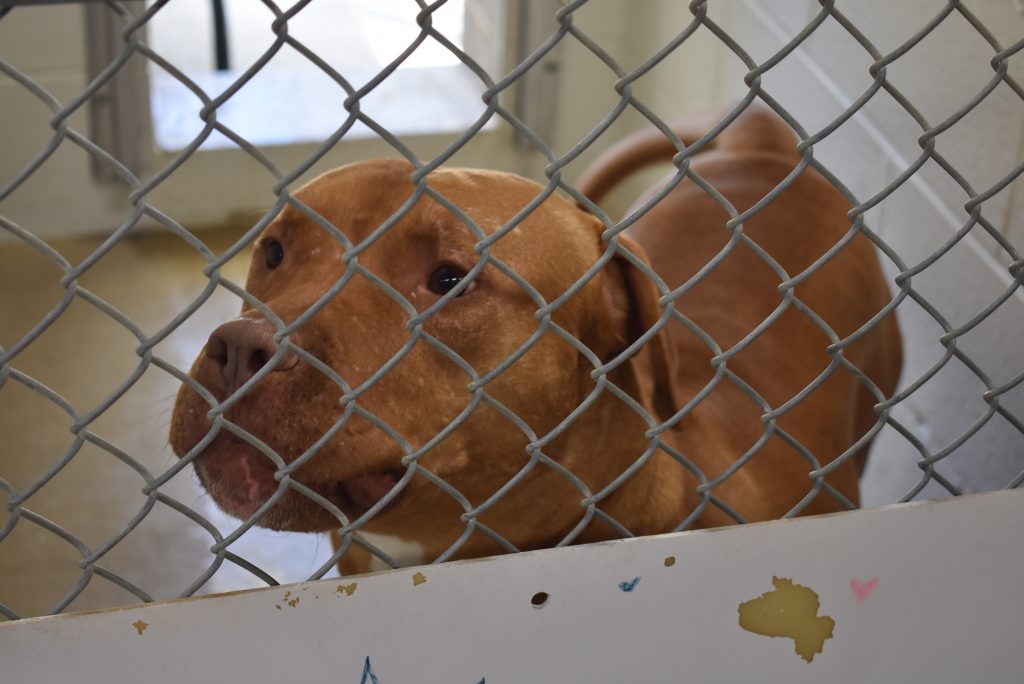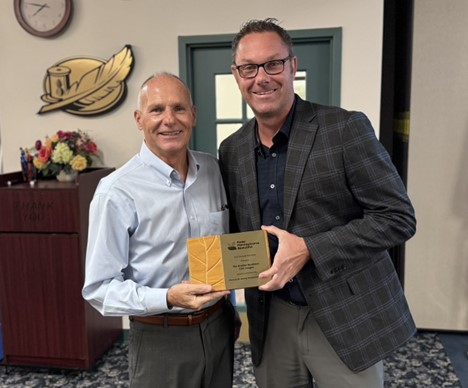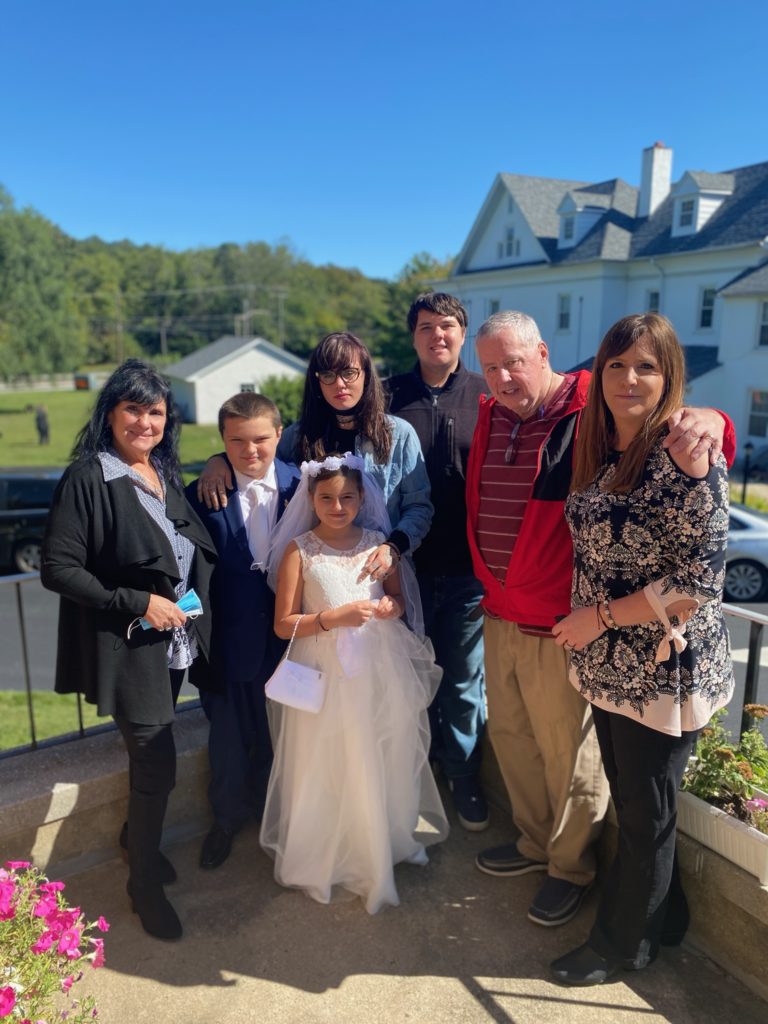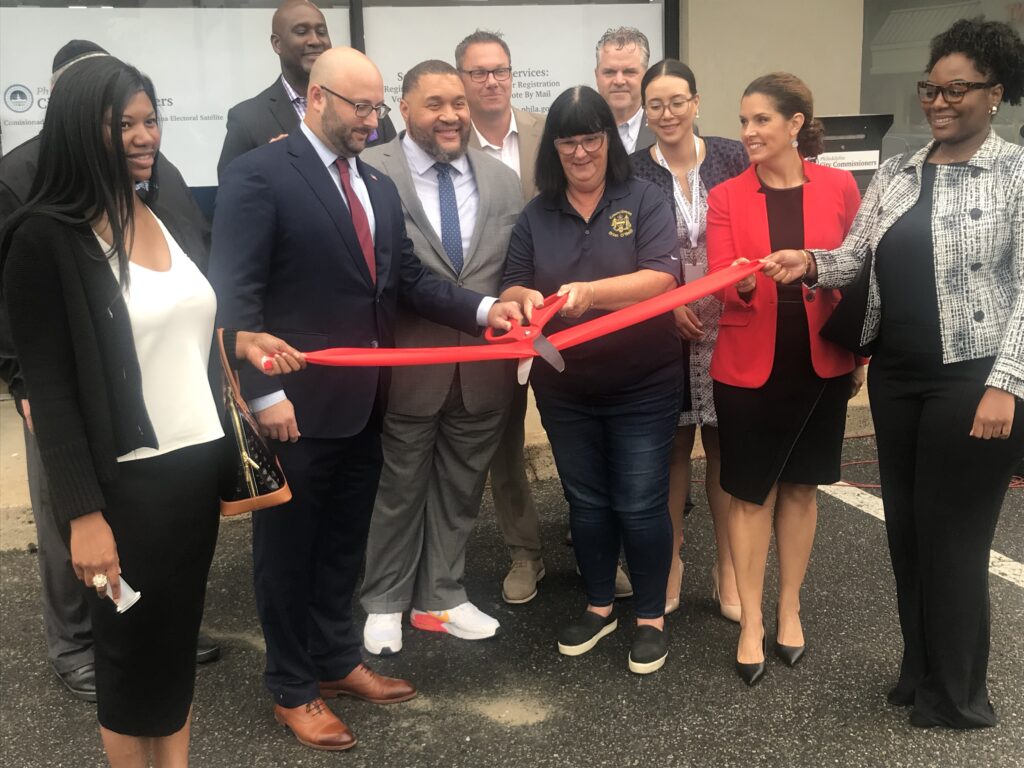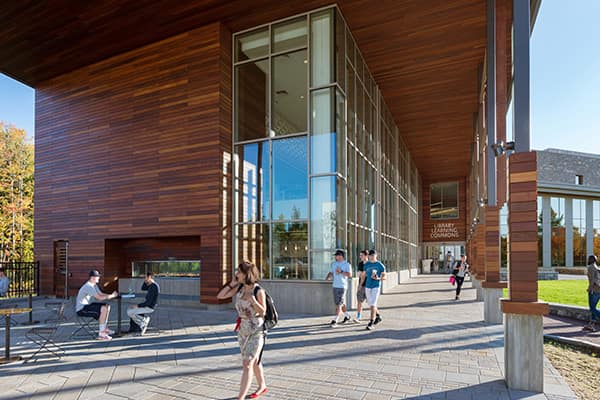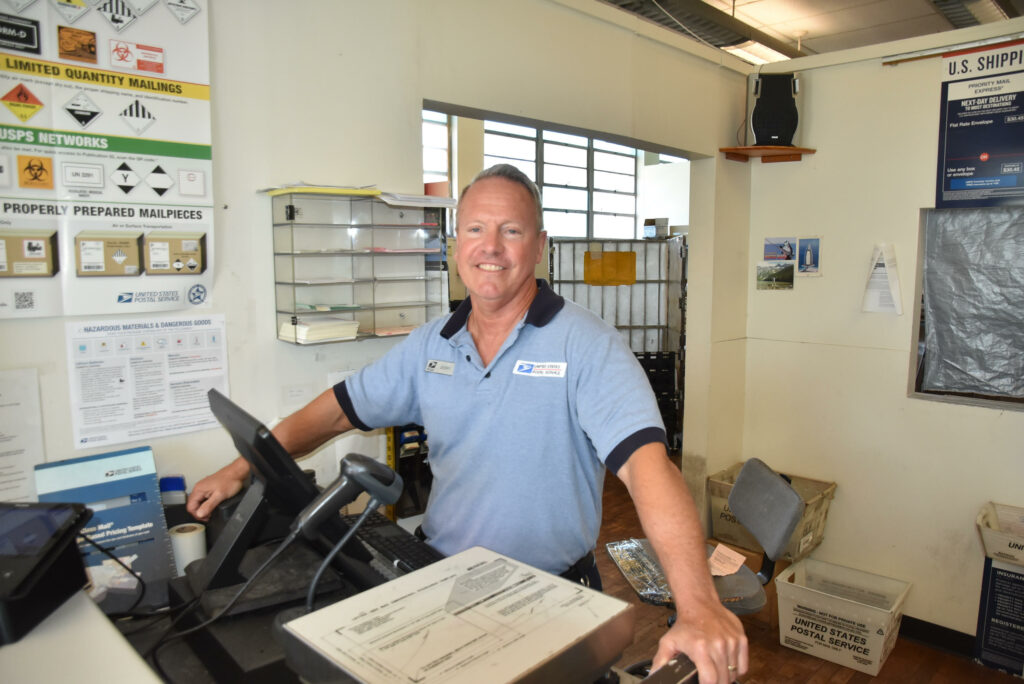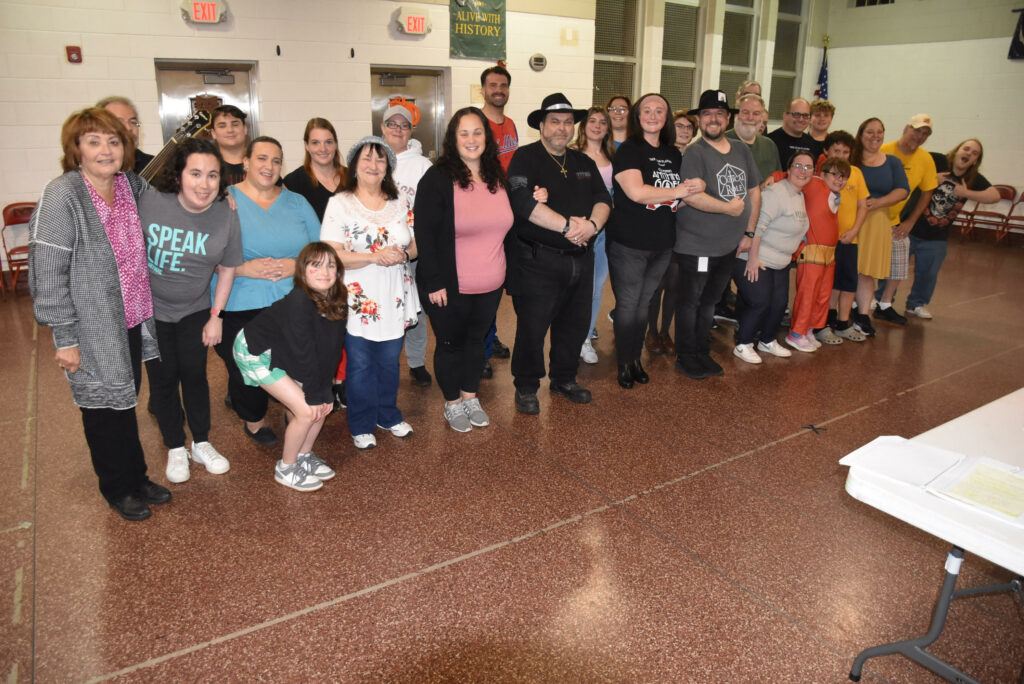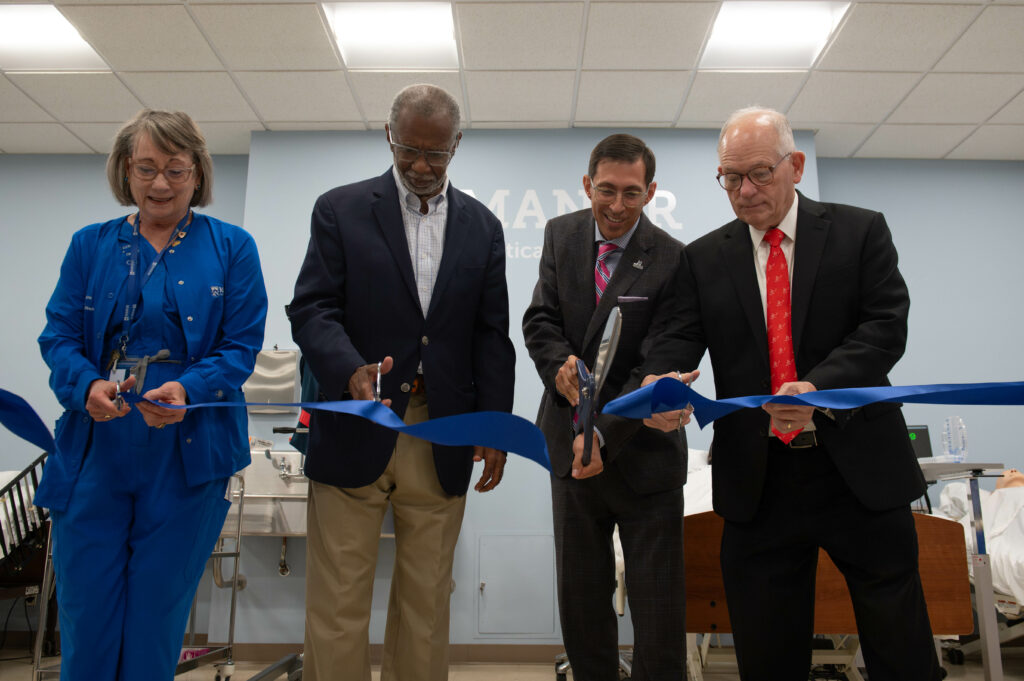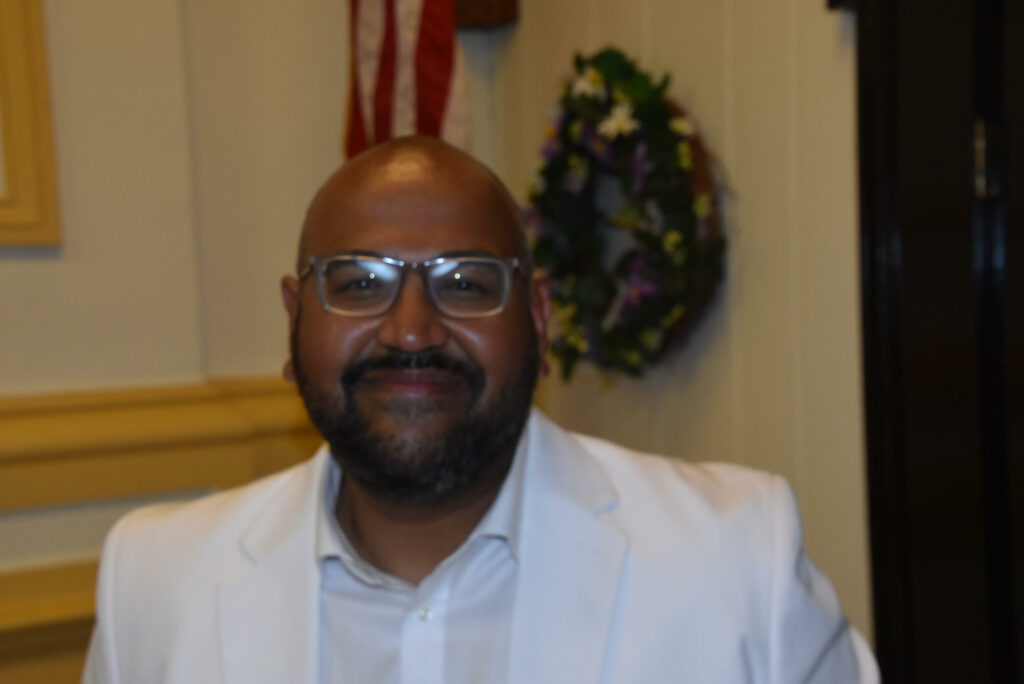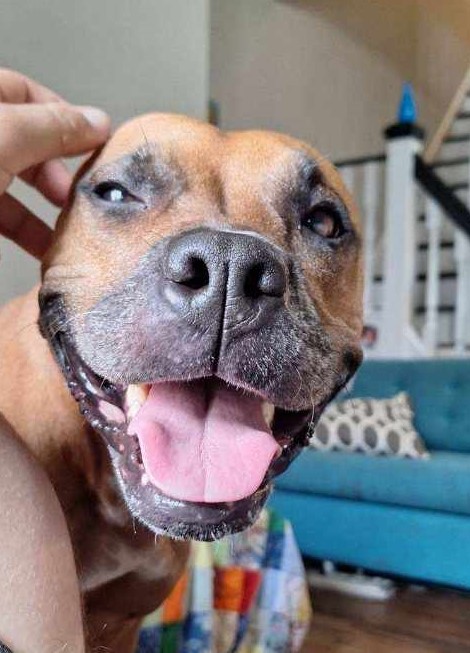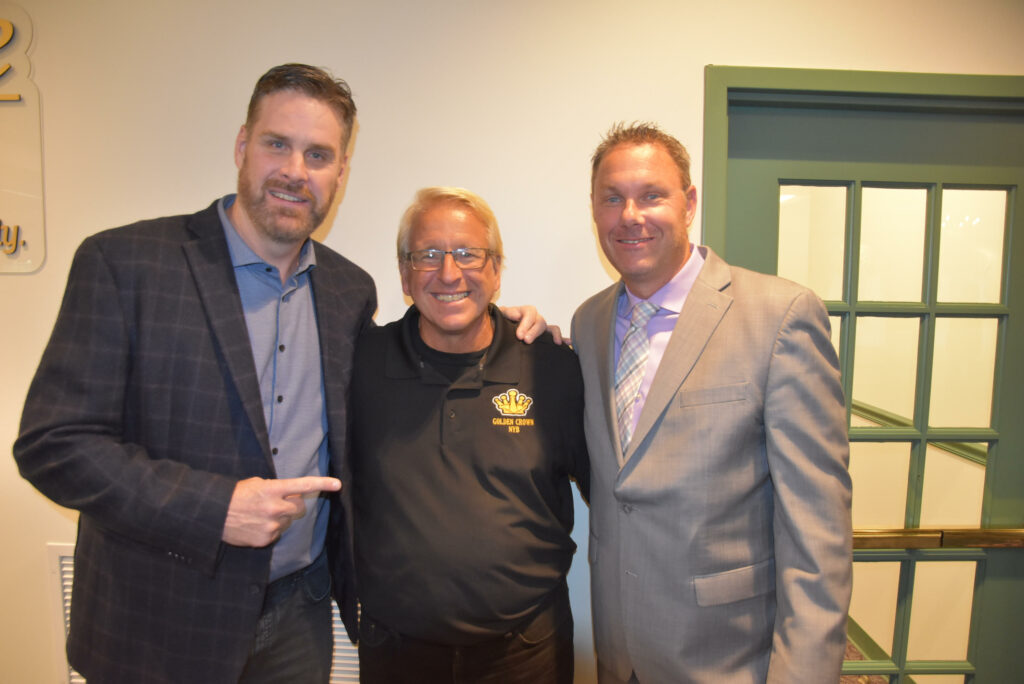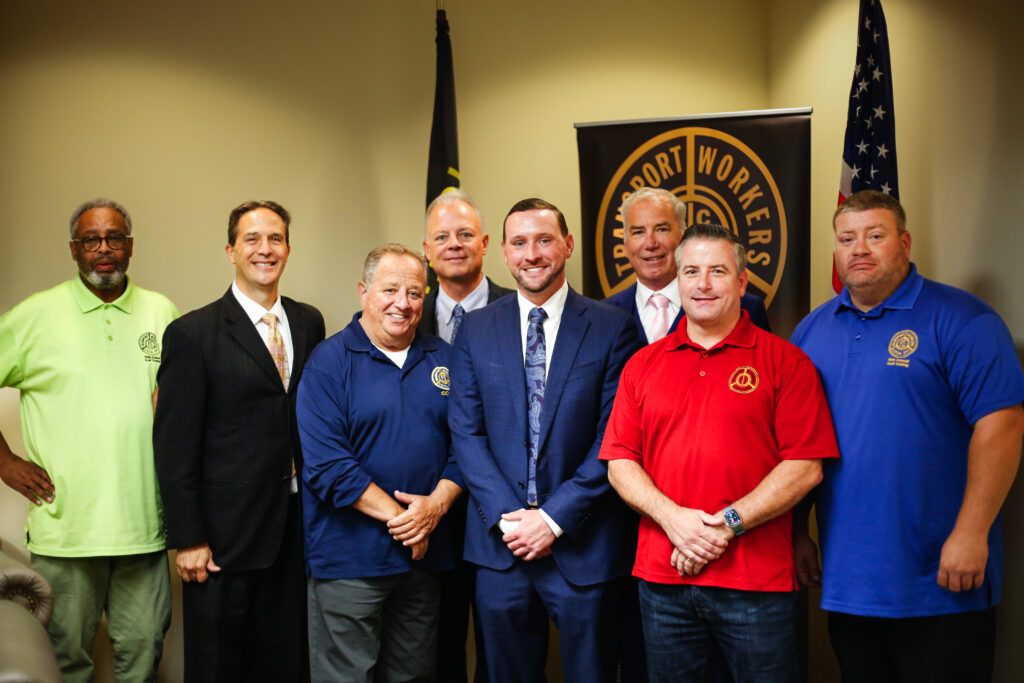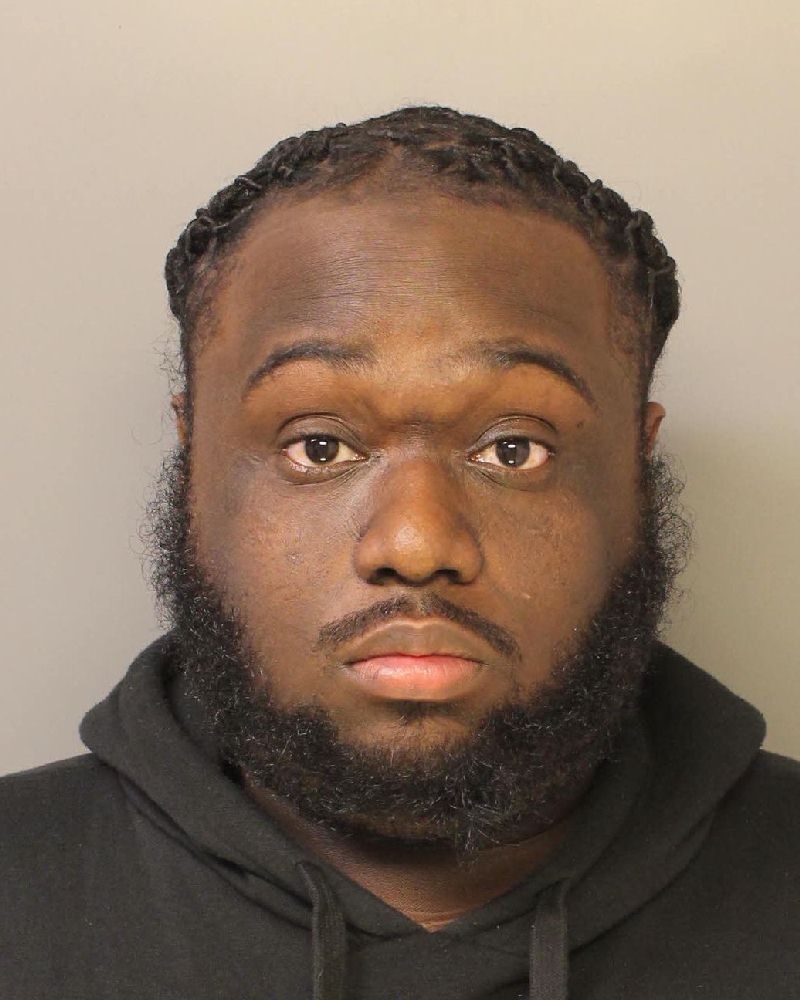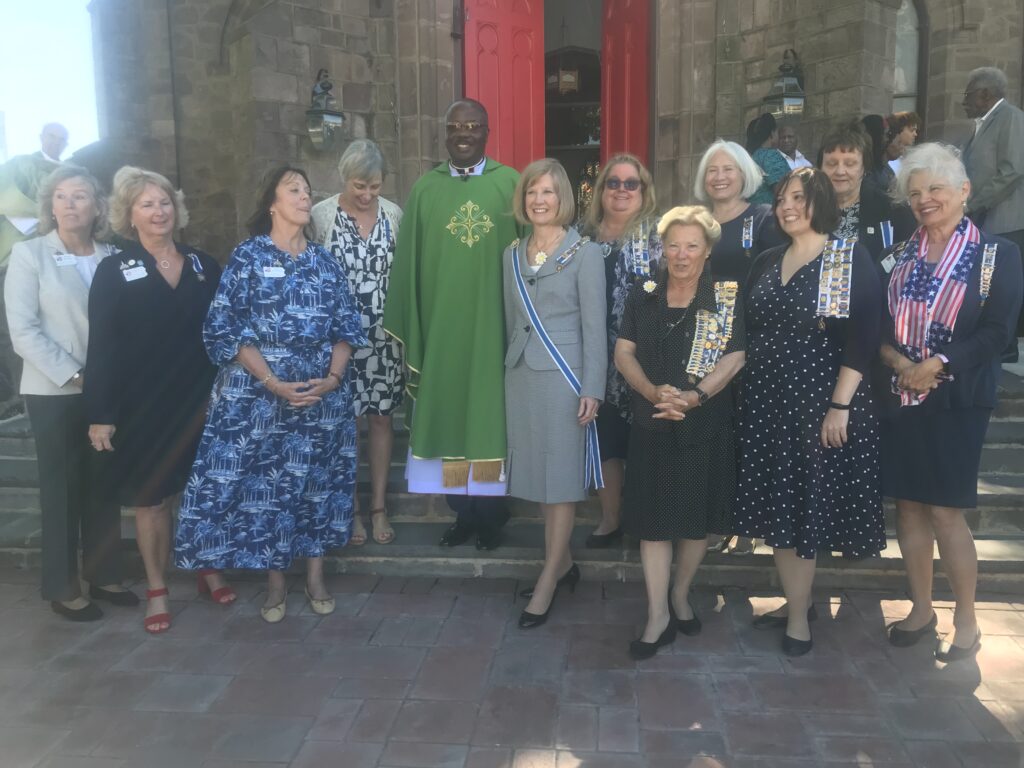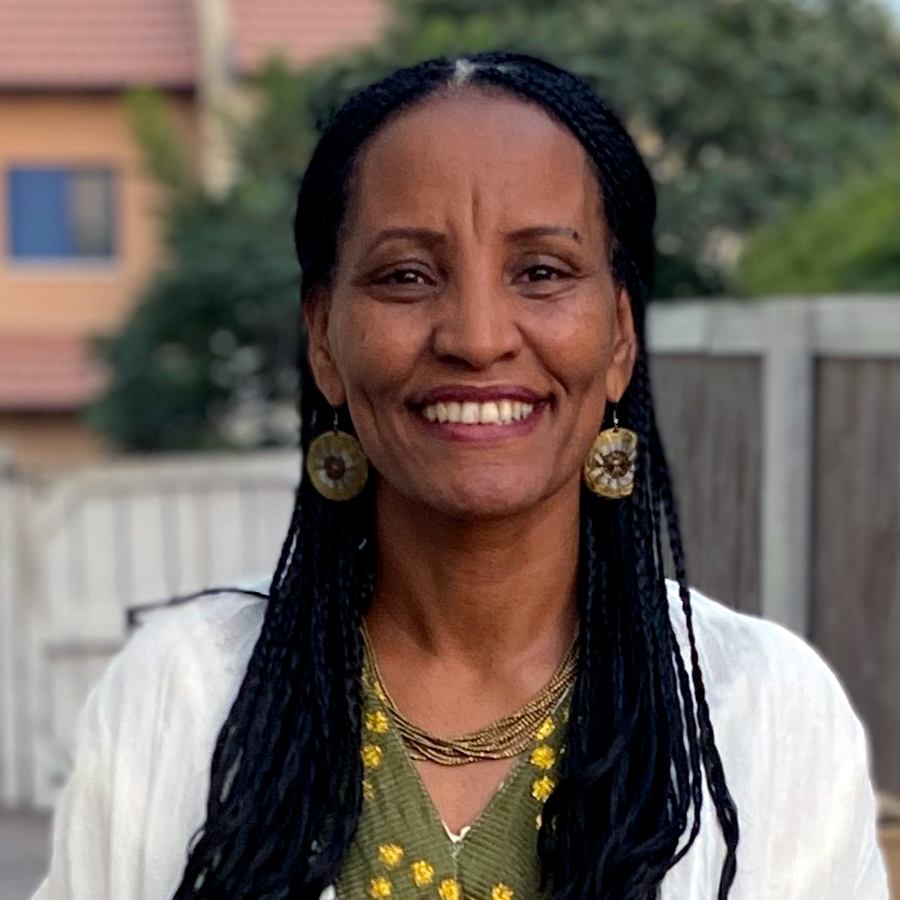
By Rhonda Hoffman
Special to the Times
“Coming to Israel, to Jerusalem, wasn’t an option, it was our lifetime mission,” said Sigal Kanotopsky, who was born in a small rural village in Ethiopia in 1976.
She has journeyed far from those humble beginnings. For the past two years, she has been the U.S. Northeast regional director of the Jewish Agency for Israel, which helps those in the immigration process to Israel. As director of the agency, she also oversees the engagement of shlichim, Israeli emissaries, to the region.
She was almost 5 years old in the early 1980s when her family began its journey by foot from Ethiopia to Sudan, then spent a six-month period in a refugee camp, before settling in Israel. Unfortunately, her 3-year-old brother died along the way. The family was among the first Ethiopian immigrants to make aliyah from an African country, in what was known as Operation Moses.
Kanotopsky, 47, shared both her personal and professional journey in front of about 50 people gathered at the Congregations of Shaare Shamayim, 9768 Verree Road, on the afternoon of Dec. 12.
Rabbi Sandra Berliner, religious leader of the conservative synagogue, introduced Kanotopsky, who gave a 45-minute presentation over Zoom, as she was summoned from her temporary suburban Philadelphia home to Israel.
Soon after arriving in Israel in 1981 as a 5-year-old, her father became ill, spent eight months in a hospital, and subsequently died.
“My mother was dedicated to raising me and my five siblings,” said Kanotopsky, who, in 2016, took her then 13-year-old daughter back to Ethiopia for a “Roots” trip to mark her Bat Mitzvah.
“We visited villages where my family had stayed before crossing the border into Sudan and we visited the tiny rustic village surrounded by volcanic mountains where I was born. It was amazing, the views were astonishing. What a heroic and dangerous journey my family had made decades ago to realize their dream. They endangered their own lives to give us a new life,” Kanotopsky said.
“I have often asked myself why my parents left this beautiful place to start such a harrowing journey to Israel. My mom’s answer was that it was not simply an option, but a calling. I believe my passion for tikun olam (In Hebrew, it means “repairing the world”) didn’t start in the university I attended in Israel, but from the village in Ethiopia with my parents.”
In her current position, part of her responsibility has involved engaging people and being proactive in dealing with racism toward the Ethiopian community, according to Kanotopsky, who believes there is still a problem of acceptance and providing equal opportunities. And that is the case, although about 50 percent of the Ethiopian community in Israel today are native Israelis. They’re Israeli in every sense of the word, according to the JAFI director.
The oldest of her four children now serves in the Israel Defense Forces and another will join her sibling early next year.
“We face many challenges ahead and have to fight to maintain our country. We so much appreciate support from the diaspora. Our gratitude is beyond words,” said Kanotopsky.
Rabbi Berliner noted that despite the war, people continue to make aliyah.
“They want to show their support in every way they possibly can. And making aliyah, making Israel their home, is surely the ultimate way,” she said. ••

